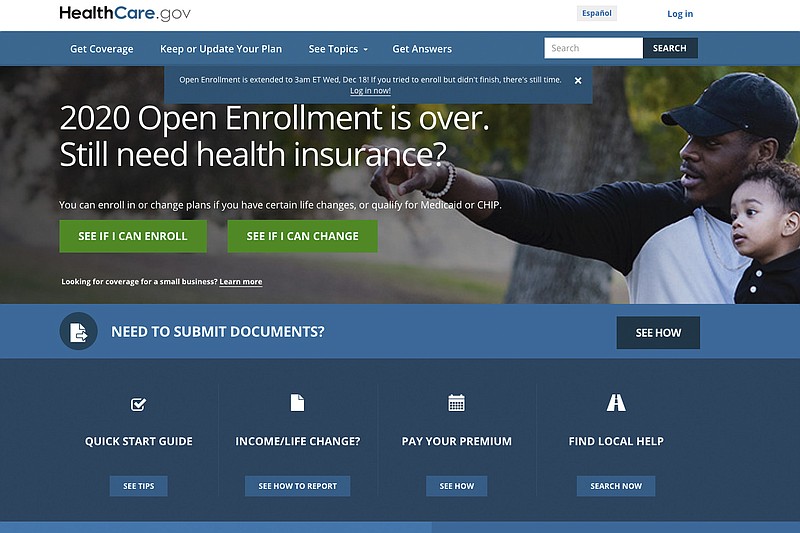From its inception, the Affordable Care Act of 2010 has been challenged by its opponents in multiple suits in federal courts. In June 2012, the Supreme Court ruled in a 5-4 verdict that the individual mandate - the requirement that most Americans have health insurance - was constitutional. In the same ruling, the court ruled that Medicaid expansion, another component of the ACA, should be left to each state to implement or not.
Medicaid expansion involves increasing eligibility of the program to 138% of the federal poverty level. For states that elect expansion, the federal government pays all of the additional expense for the first five years and 95% of the cost thereafter.
In December 2017, President Trump signed tax reform legislation, which banned the financial penalty for persons declining to purchase health insurance. Some states later reinstated the penalty for their residents.
In February 2018, Texas led a coalition of 19 other states, including Tennessee, Georgia and Alabama, in a suit in federal district court (Texas vs. Azar), which contended that the entire ACA was unconstitutional. Subsequently, two states (Wisconsin and Maine) withdrew from the coalition of plaintiffs. Surprisingly, four states in the coalition have expanded their Medicaid programs under terms of the ACA.
The U.S. Department of Justice subsequently refused to defend the ACA, including its provision which protected the insurability of persons with pre-existing health conditions.
The attorney feneral of California led a coalition of 20 other states and the District of Columbia - all of whom had expanded their Medicaid programs under the ACA - in defending the program. In December 2018, federal Judge Reid O'Connor of the Northern District of Texas sided with the plaintiffs and ruled that the entire ACA was unconstitutional. This decision in Texas vs. Azar was appealed to the Fifth Circuit Court of Appeals in New Orleans.
On Dec. 18, 2019, a three-judge panel of the appellate court ruled 2-1 that the individual mandate of the ACA was unconstitutional. The court returned the larger issue of constitutionality of the entire ACA to the lower court. Apart from the individual mandate, the ACA remains in effect.
Rather than wait on further lengthy review and litigation of Texas vs. Azar, the California-led coalition, joined by Democrats in the U.S. House, on Jan. 3, 2020, petitioned the U.S. Supreme Court for an expedited review of the case. The coalition hopes to have a decision on the ACA before the November 2020 election.
Following passage of the ACA, the number of Americans without health insurance steadily dropped from 46.5 million (16% of the population) in 2010 to 26.9 million (7.9%) in 2017. The decline is attributed in large measure to Medicaid expansion in 37 states and the District of Columbia. Sample rates of the uninsured in these states include Massachusetts (2.77% uninsured), Minnesota (4.4%), New York (5.4%), Michigan (5.4%).
The rate of uninsured in states choosing not to expand their Medicaid programs include Texas (17.7% uninsured). Oklahoma (14.2%), Georgia (13.65%), Florida (13.0%), Alabama (9.7%), and Tennessee (10.1%).
Nationally, the number of uninsured rose to 8.5 million in 2018 and 9.1 million in 2019. The increase is attributed to the removal of the penalty for individuals who fail to obtain health insurance.
Opponents to the ACA have failed to produce a comprehensive alternative if the ACA is trashed by the Supreme Court. Such an outcome would lead to chaos in health insurance markets and the potential loss of coverage by tens of millions of Americans. Guaranteed coverage for such services as mental health, vaccinations, and cancer screening would disappear as would a sliding scale of subsidies for many individuals purchasing insurance. Individuals with pre-existing conditions would no longer be able to purchase insurance at a standard rate. Dependents could no longer remain on their parents' health insurance plan until age 26. A colossal, inhumane mess would ensue.
Follow Texas vs. Azar closely. A lot rides on the outcome.
Contact Clif Cleaveland at ccleaveland@timesfreepress.com.

